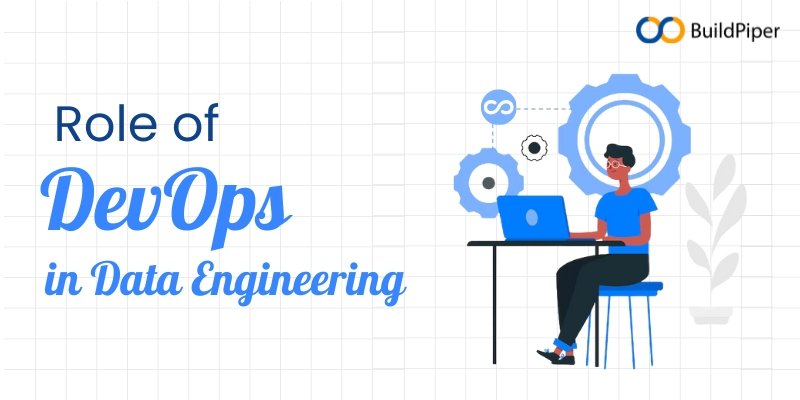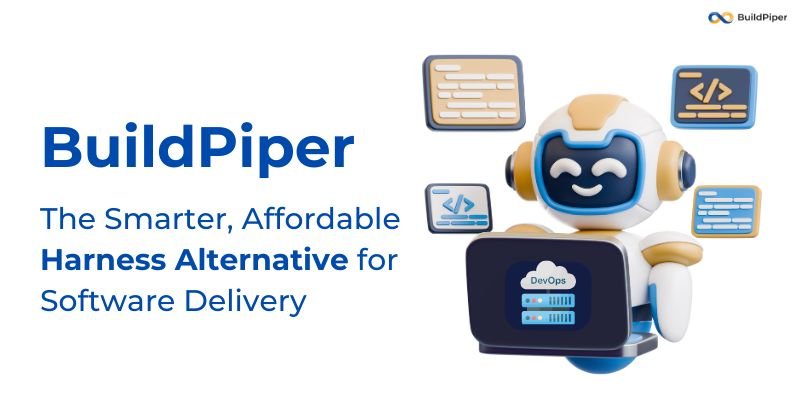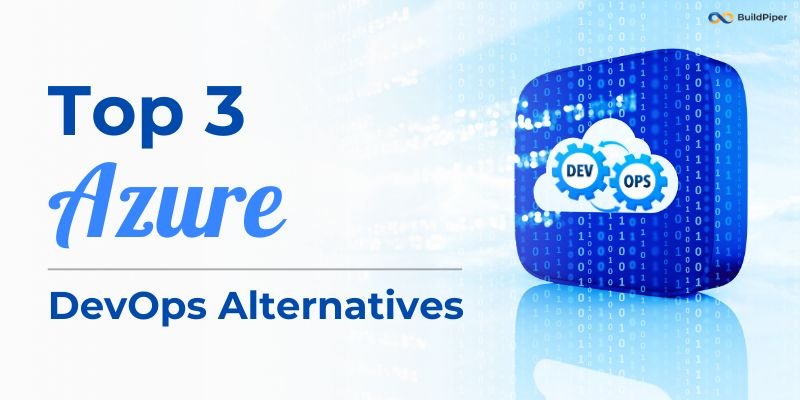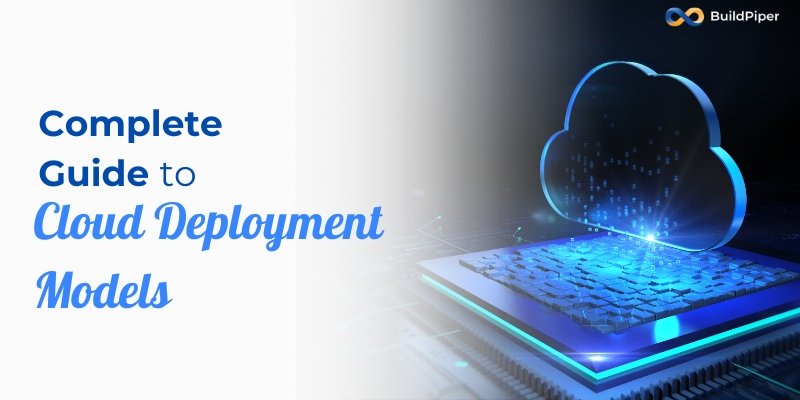In the present dynamic digital world, data engineering is crucial in forming strategic business decisions as per extracted insights from huge amounts of data. Businesses need dependable data streams, agile data processing and easy data syncing to make strategic business decisions. Achieving such goals requires not only capable data engineers but also more. It necessitates a collaborative model that adopts DevOps methodologies to smoothen out development, deployment and operations. In this blog, we’ll look at the synergy between DevOps and data engineering and how their unity improves productivity, reliability and innovation. So, let’s dive in!
Understanding DevOps and Data Engineering
DevOps approaches focus on collaboration, automation and integration between software development and IT operations teams. It is aimed to shorten the systems development life cycle as well as to deliver high-quality software continuously. The main components of DevOps are version control, CI, CD, automated testing and IaC.
In contrast, data engineering is concerned with the design, construction and maintenance of scalable data pipelines and infrastructure to support data collection, storage and interpretation. Data engineers have to deal with a wide range of tools and technologies so that data is available and efficient as well as reliable. They face serious challenges such as data ingestion, transforming, cleaning as well as storage optimization.
Benefits of Applying DevOps to Data Engineering
Through the adoption of DevOps practices and principles in Data Engineering, agencies can experience many benefits which include process streamlining, enhanced collaboration and increased efficiency of information projects. Listed below are some of the key benefits of applying the DevOps approach to data engineering.
- Accelerated Time to Release: DevOps methods focus on automation, Continuous Integration and Continuous Deployment (CI/CD), which leads to shorter cycles of development, testing and deployment for pipeline delivery. The latter allows for a critical advantage uniquely to organizations in a fast-changing market scene.
- Promotes Collaboration: DevOps practices promote collaboration and cooperation between development and operations teams. When done to record engineering it unites data engineers, data scientists, record analysts, and IT operations. The combination of these two methodologies ends up in tightly coupled and easily maintainable pipelines.
- Enhanced Scalability: Managing large chunks of data is a pivotal and time-consuming task for engineering teams. The application of DevOps techniques enables DevOps teams to handle huge data volumes, making the tasks easier for data engineers.
- Improves Efficiency: Through continuous monitoring and automating the deployment processes, DevOps plays a vital role in minimizing downtime and identifying and fixing CI/CD pipeline issues at an advanced stage. Integrating continuous testing & deployment helps in the identification of bugs at an advanced stage. Moreover, emphasis on identifying issues is particularly crucial for companies that work with real-time information processing.
Best Practices of Applying DevOps in Data Engineering Practices
Applying the DevOps approach to data engineering is fundamental for companies aiming to automate their data pipelines, enhance data quality and speed up data-driven decision-making frameworks. DevOps traditionally associated with software development and operations is now applied to data engineering to address the specific issues centered around working with data workflows and data pipelines. In this part, we will look at some good practices for successfully applying DevOps to data engineering.
- Collaboration and Communication: The essence of DevOps in data engineering starts with building teamwork and the free flow of information between data engineers, data scientists and operations. All cross-functional teams need to be sure that every member knows the objectives and requirements of data projects. Regular meetings, shared documentation and an open development process are essential.
- Automation and Infrastructure as Code (IaC): DevOps is driven by automation. In data engineering, automation of data pipeline deployment, configuration and scaling helps in hassle-free data management. Infrastructure as Code (IaC) addresses infrastructure provisioning and management of software development. Consequently, IaC opens up versioning, testing and predictable deployments.
- Version Control: Use version control systems such as Git to manage your code, the configurations and the pipelines preprocessing the data. Such practice does trace, document and make sure of reversibility of all changes, thus making collaboration between the team members easier and eliminating errors.
- Continuous Integration (CI) and Continuous Deployment (CD): Integrating a continuous testing & deployment approach enables a seamless data engineering process. Enable CI/CD pipelines for data engineering to automate testing and deployment of data pipelines. This approach helps in the identification of problems and fixing them at the early stages of development which also ensures the smooth deployment of changes to production.
Final Wrap-up
Both DevOps and data engineering typically work towards the same objectives which are striving to expedite the development process, improve reliability and boost innovation. Data engineering teams via DevOps adoption become more agile, scalable and efficient when it comes to data pipelines and infrastructure management. The combination of DevOps and data engineering enables the quick delivery of high-quality data products and thus empowers enterprises to exploit acquired data potential for a competitive edge in the modern data-driven society.









